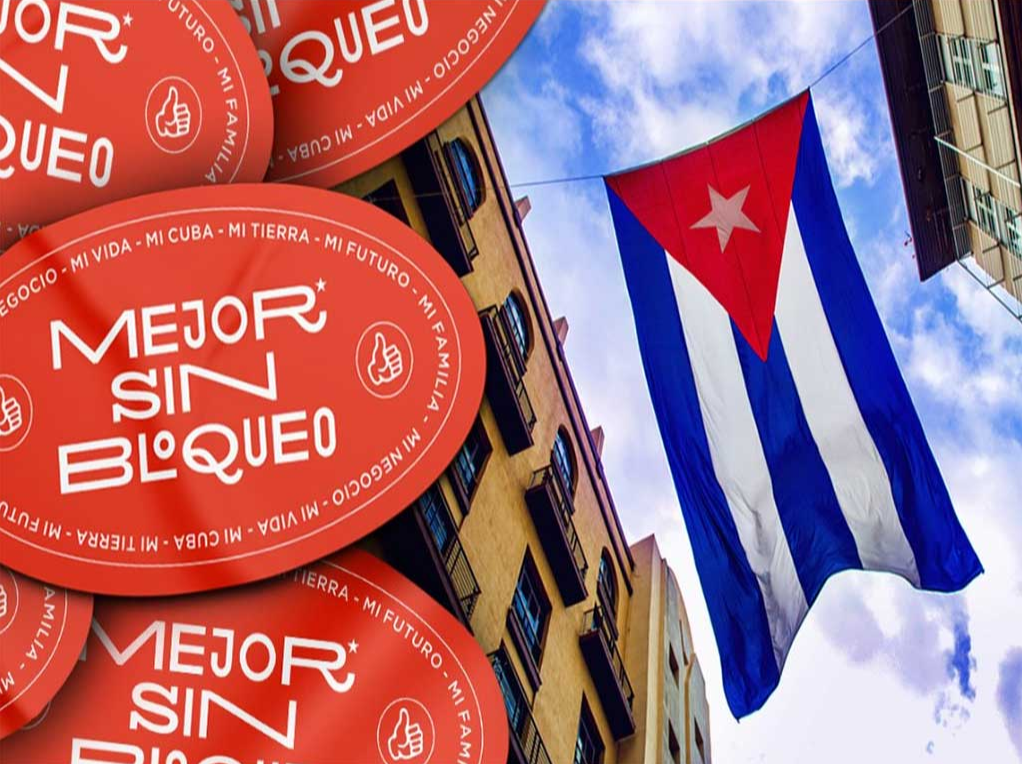
The U.S. blockade is a serious obstacle to economic and social development.
By Roberto Morejon
At an important international conference in India, Cuba presented its long-standing demand, rejected by the United States, for an end to the blockade, the effects of which are visible in national life.
Cubans are experiencing perhaps the most pressing moment in a long period of material shortages.
The main cause is the imposition of a severe siege by Washington, which has intensified since the mandate of Donald Trump, with no substantial changes by his successor.
In his speech at the Third Summit of the Voice of the Global South, organized virtually by India, Cuban Foreign Minister Bruno Rodríguez said that coercive measures such as the U.S. blockade are a serious obstacle to economic and social development.
The majority of the participants at the conference expressed their opposition to such restrictions and interference in the internal affairs of countries.
This statement fully corresponds to the reality of many countries, including the largest of the Antilles.
Here, the needs of the population have increased in recent years, despite the efforts of the government, to which the effects of the pandemic have also contributed.
In addition, Cuba's inclusion on a list of countries that Washington considers sponsors of terrorism has further restricted access to international banking and credit.
Moreover, three human rights rapporteurs warned in July that the restrictions exacerbated by Cuba's return to the list were hampering their ability to provide essential reporting.
The Caribbean nation faces economic and humanitarian challenges, a truth ignored by the U.S. government and the far right of Cuban-born emigrants in Miami, the experts stressed.
"There is no blockade," they claim, while in practice its footprints are visible in key services such as health, food, transportation and even tourism.
The latter industry, while trying to regain pre-Covida-19 levels, still suffers from, among other things, the inability of Americans to spend their vacations here.
The boycott has also intimidated potential investors and businessmen, forcing many to abandon projects in the Caribbean nation.
With a cumulative impact of more than $159 billion, 62 years after it was formally requested, Foreign Minister Rodriguez's call to the United Nations in 2023 remains valid: "Let Cuba live in peace; it would be better off without the blockade."

